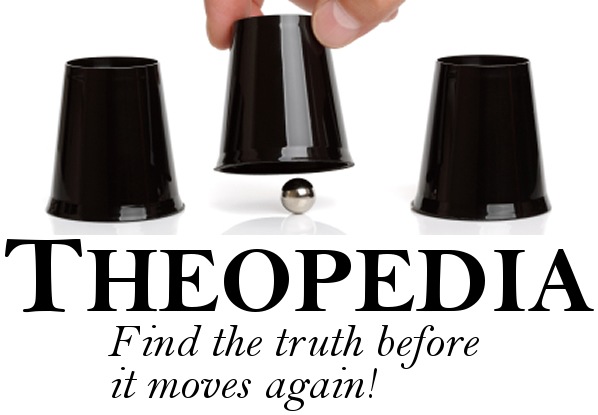 So where have I been? The blog has been very quiet lately and the podcast has fallen silent. Where to begin!
So where have I been? The blog has been very quiet lately and the podcast has fallen silent. Where to begin!
First, as suggested by my cave man post, things are a little frustrating on the future employment front. New Zealand is just the wrong place to be a scholar in the humanities. Because there are so few major academic options in the form of universities and similar institutions here (countable on one’s fingers), you simply must either have an illustrious career history already, or you must be friends with the right people. Neither of those things currently apply in my case, so I’ve got a lot of work (no, not professional work) ahead of me before that becomes a live possibility. Getting anyone’s attention is going to involve a considerably above average research/publication output (that is, above the average of somebody already in an academic career), without the benefit of actually having time allocated to my schedule to do that like someone who is already working in the fields I’m aiming for. I could manage it well were it not for that time factor. That means trying (very often unsuccessfully) to squeeze out all the available time from the gaps in my evenings, beween eating, sleeping, and having a relationship with my wife and children. As I mentioned a while ago, I’m taking a couple of classes by distance as well (towards a diploma in business – everybody needs a backup plan). Those classes will be over on the 17th of November when I sit the second of my two final exams, so I will gain a little more time then. Until then, it’s probably best to give up on my empty promises of getting the current podcast episode finished.
As a family we’re also looking at some changes to make even just a small amount more time available, possibly involving changes in schooling and employment, but that’s all still just in the realm of possibilities at the moment and we haven’t decided anything. It’s a terrible thing, but I’ve frequently envied the unemployed for their wealth of time (not that I could afford to be unemployed!).
I’m looking at some research/teaching fellowships outside of New Zealand at the moment. It’s hard to know what Universities expect in a fellow. Their advertisements make encouraging comments about looking for someone who has just obtained their PhD within the last five years, and yet it’s common to see people who are fellows who have a long career with scores of books and other publications behind them already. Over the last couple of weeks I’ve put together a modest research proposal and bibliography for any such applications. It’s a proposal for a project that I’ve been wanting for some time to use as the basis for a book for publication, on a history and defence of the moral argument for theism. It’s a subject that has received surprisingly little academic treatment, and I know of literally no published book at the moment that represents what I intend to produce, a fact that I find incredible when considering the sheer number of works published on the other classic and modern arguments for theism (e.g. cosmological, ontological, fine tuning). After I’ve read through the proposal a few (dozen) more times to make sure it’s as I want it to be I’ll post it here at the blog for your scrutiny.




 Sue Bradford has been one of the worst politicians that this nation has ever had the misfortune of enduring in Parliament. She was the architect – if you can call her that – of the now infamous and incredibly unpopular “anti-smacking” legislation. The reality is that her grasp of law, its meaning, implications and its structure is such that she almost certainly didn’t write it. On the other hand, the lack of clarity and apparent conflict within the law also suggests that she had input, so who knows?
Sue Bradford has been one of the worst politicians that this nation has ever had the misfortune of enduring in Parliament. She was the architect – if you can call her that – of the now infamous and incredibly unpopular “anti-smacking” legislation. The reality is that her grasp of law, its meaning, implications and its structure is such that she almost certainly didn’t write it. On the other hand, the lack of clarity and apparent conflict within the law also suggests that she had input, so who knows?
 My kids love the reality TV show, Extreme Makeover: Home Edition. The basic plot of each episode is the same.
My kids love the reality TV show, Extreme Makeover: Home Edition. The basic plot of each episode is the same. 
